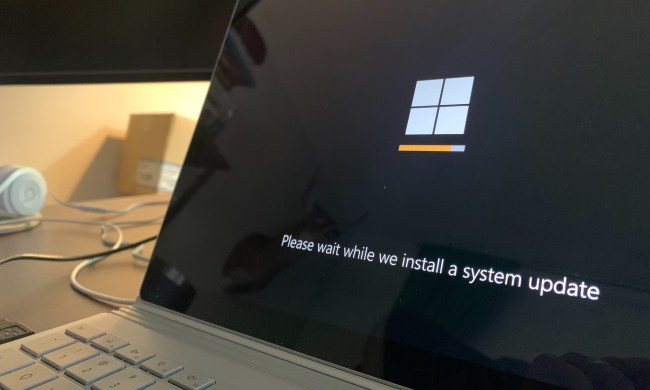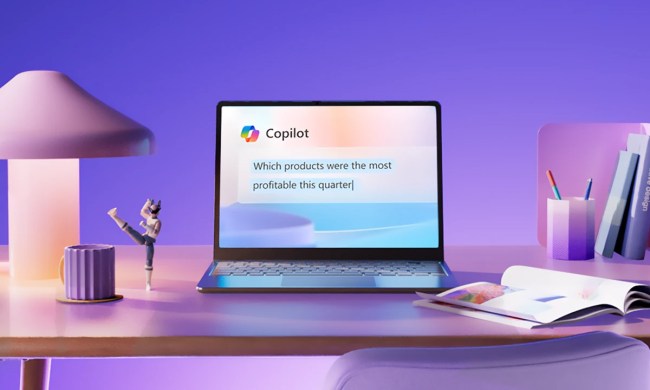Microsoft’s latest software preview of Windows 11 includes a feature that optimizes the taskbar for more efficient use on tablets and 2-in-1 devices.
The feature is currently available on the Windows 11 Insider Preview Build 22563, which was released to testers in the Dev Channel on Thursday.

The optimization allows the taskbar on a tablet or 2-in-1 device to present in a collapsed and an expanded mode. The collapsed mode is thinner, which provides you more space on the screen for viewing and handling. Microsoft notes that the collapsed mode can help you avoid accidentally prompting the taskbar while moving the device around. The expanded mode is wider an provides more space to touch within the taskbar. You can navigate between the two modes by swiping up and down at the base of the tablet.
Microsoft also explains that the taskbar optimization feature is intended only for devices that can be used as tablets and won’t function with laptops or desktop PCs.
Because this feature is being showcased in a developer build, there is no guarantee that it will make it to the official version. The Windows 11 public build is expected to become available later this month.
Microsoft has been hard at work testing as many features as it can before their official Windows 11 launch. Last week, the
Prior to that, the company released its Windows 11 Build 22000.526 (KB5010414) for beta and release preview channels. The preview included a host of updates to Microsoft Teams and various taskbar functions. As a beta preview, the features on this build are all but locked in for Windows 11 prior to its launch. That preview is expected to be one of the last before the public build is released.



